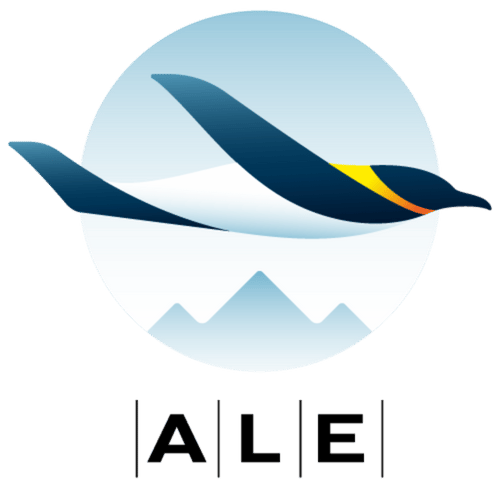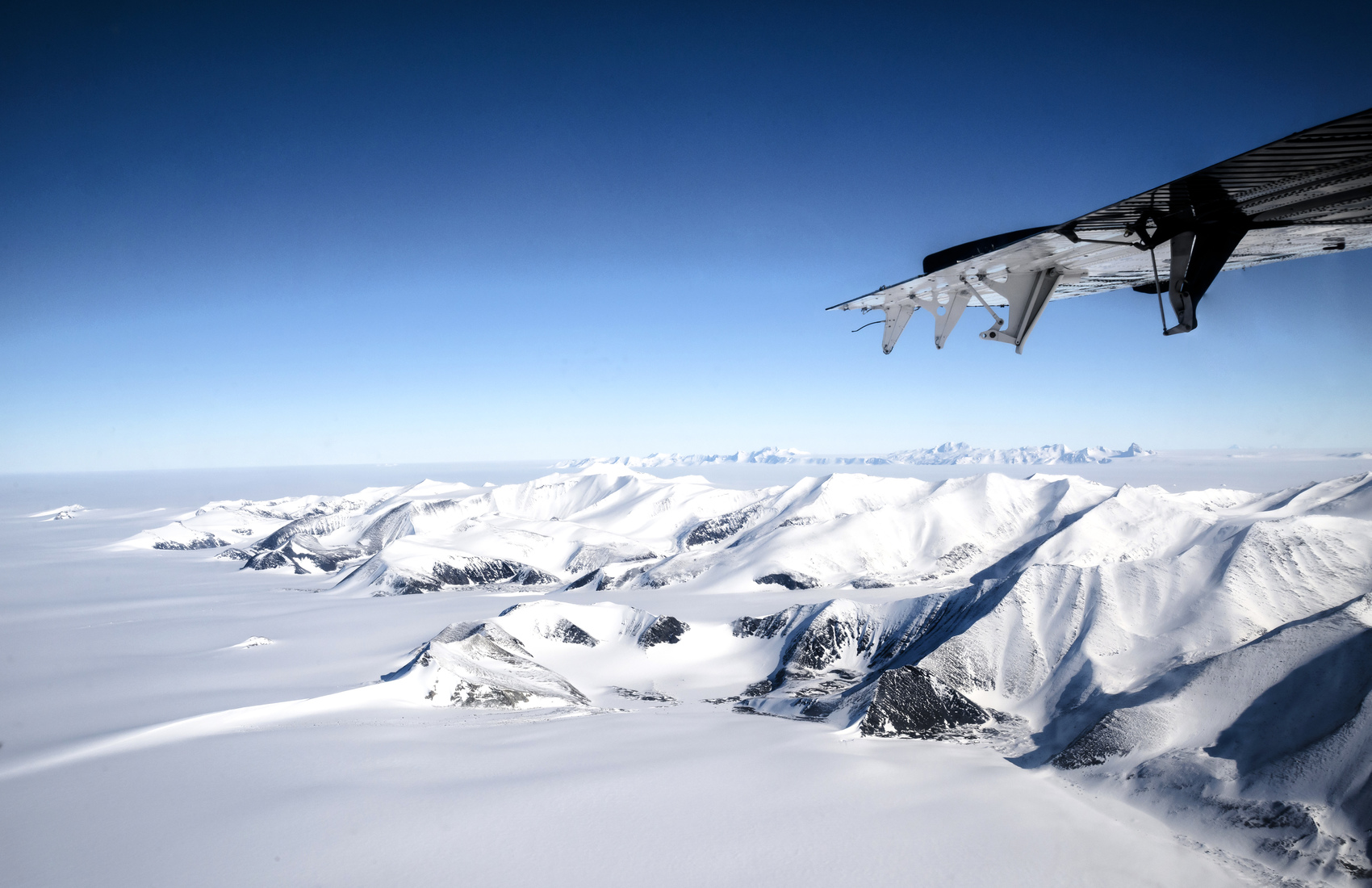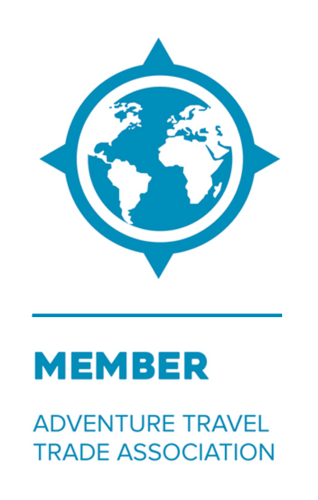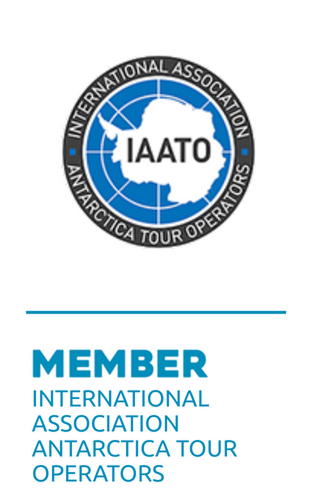SHARING CITIZEN SCIENCE FIRST HAND
When individuals experience Antarctica for the first time it’s not uncommon for them to describe it as another planet, and in many ways they’re not far off. A mostly inhospitable place to humans – Antarctica is the only continent without an indigenous human population. But its sub-zero temperatures and remote location have not deterred explorers and scientists from spending months on the ice.
This unique landscape made it the perfect place for the Antarctic Sabbatical, a citizen science project that invited five volunteers to do research on microplastic pollution in the Antarctic, led by scientist and environmental advocate Kirstie Jones-Williams. Kirstie and her team have recently returned from the month long sabbatical and are now analyzing their samples.
We’re in desperate need of connecting people to our environment and the responsibility that we have to protect it.
— Kirstie Jones-Williams
According to the Airbnb newsroom article “During their visit, the Airbnb volunteers collected dozens of snow samples from remote sites, as well as helping Jones-Williams process and analyze them in a specifically set up Antarctic lab. Real change will only come from this experience if the selected five become ambassadors on sustainability, though — which is why Ocean Conservancy was brought on as a partner to the Sabbatical from the get-go.”*
Video © Airbnb
An Antarctic Lab
Antarctica is no stranger to science – there are around 66 scientific stations scattered across Antarctica, all of which serve as national research bases. For this citizen science project, Kirstie Jones-Williams set up her own lab to filter samples at ALE’s Union Glacier Camp. All adhering to strict environmental protocols and in accordance with the Antarctic Treaty, which designates Antarctica as a natural reserve devoted to peace and science. The goal: to determine whether microplastics have made their way into the Antarctic ice.
 The five Antarctic Sabbatical team members experienced something that few have the chance to do, and took away new perspectives to share with the world.
The five Antarctic Sabbatical team members experienced something that few have the chance to do, and took away new perspectives to share with the world.
“What struck me when we arrived was that it not only looked like a different planet, but it felt like a different planet,” says Spencer, a 33-year-old ecology professor from Oahu. “Immediately, there was a sense of being completely isolated in this remote, overwhelmingly beautiful place: totally unplugged from reality. That was extremely rewarding, too, because it allowed us to focus on what we were there to do.”

We agree, Antarctica is a highly rewarding and challenging place, and one we have been a part of for over 30 years. We continue to take tremendous steps towards responsible tourism and were happy to support the Antarctic Sabbatical project. The land of Antarctica belongs to all of us, first and foremost the tiny microscopic organisms and native flora and fauna that live within this frozen continent. Come with us to experience the magnificence of adventuring in Antarctica.
Read the full Antarctic Sabbatical article at: Airbnb.com
*Airbnb newsroom excerpts reprinted here with permission. Originally published on Airbnb newsroom January 22nd, 2020.
Image Credits: Header image (Ignacio Reyes). Team lab (Robert Anderson). ALE Camp and Citizen Science Team Members (Robert Anderson)





